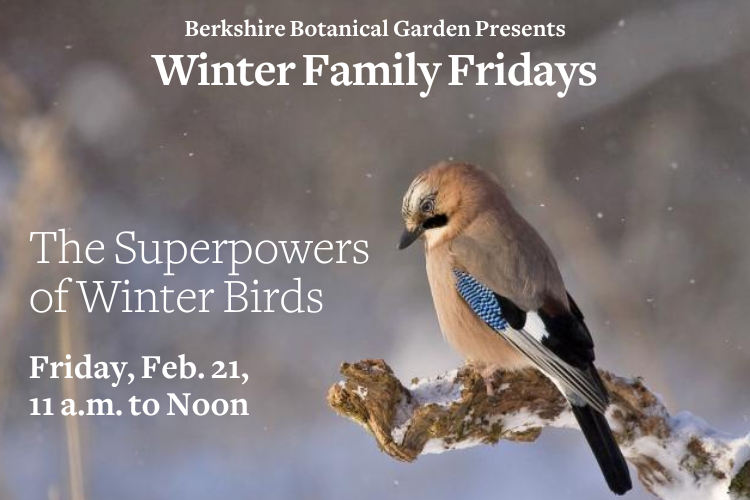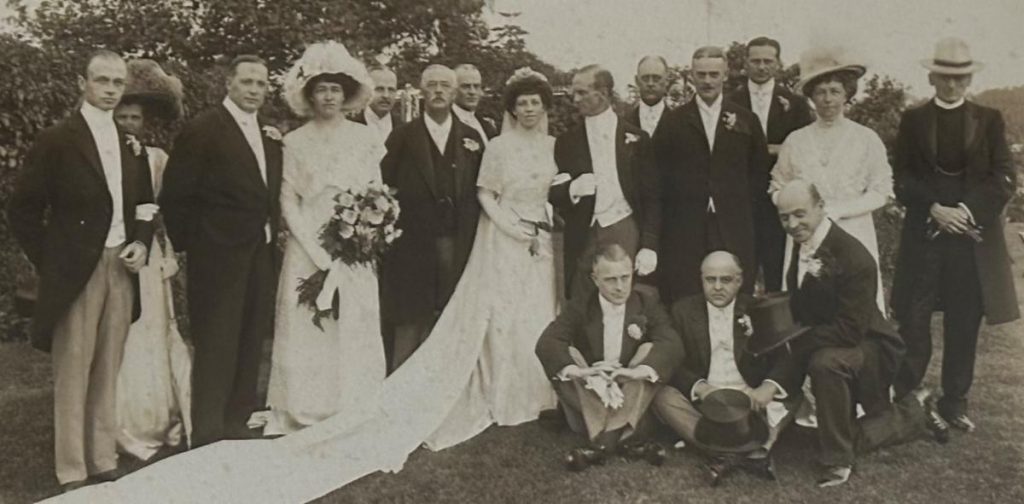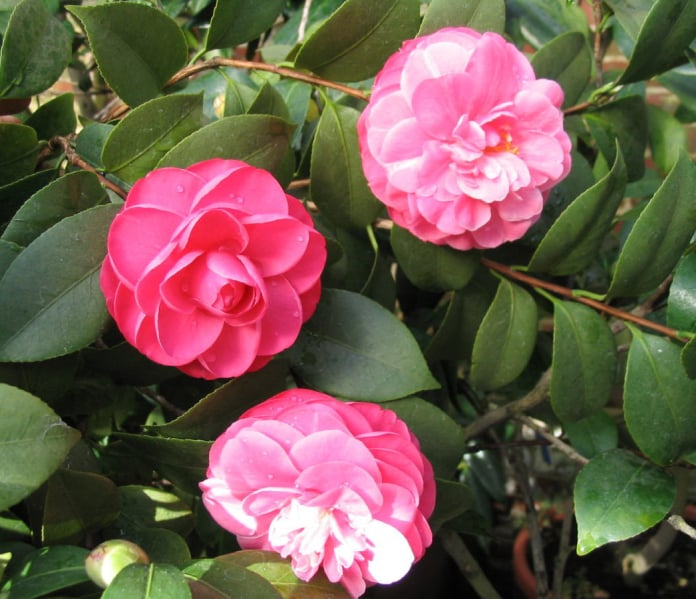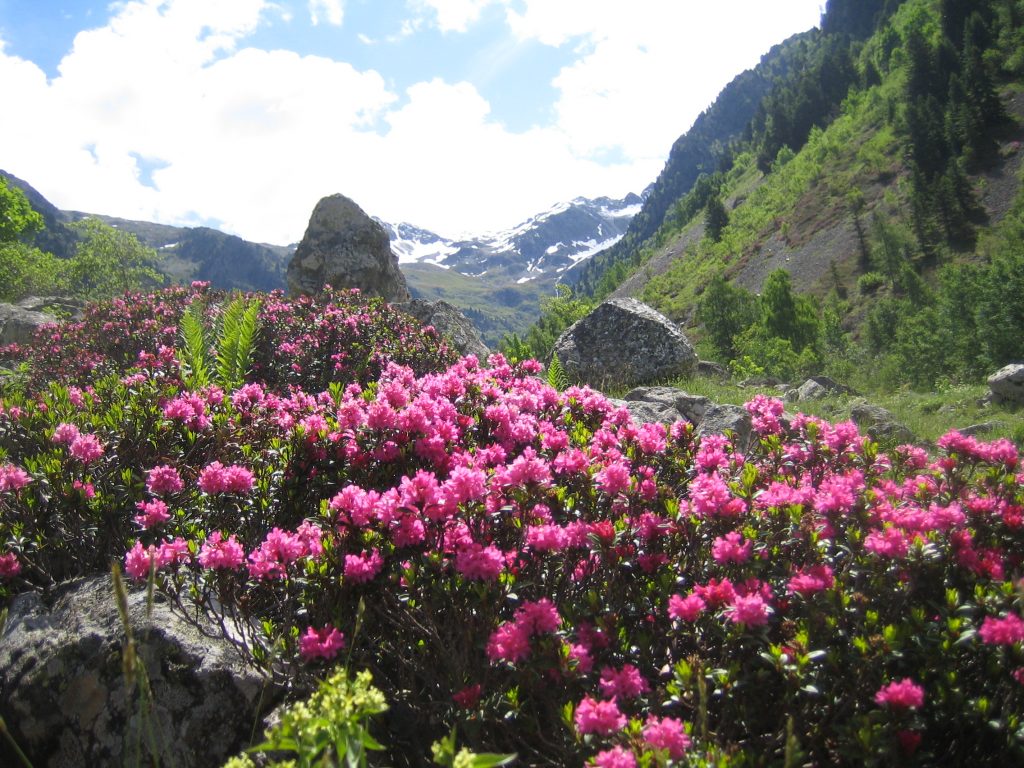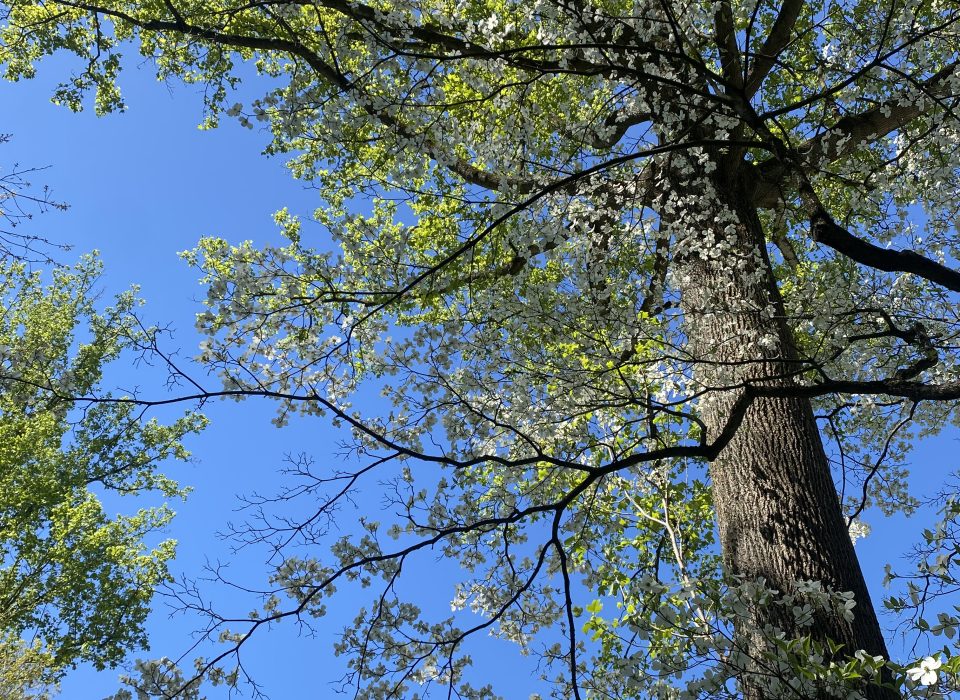This is the first program in the Morvin Museum’s 2025 Grand Homes and Gardens Speaker Series, The Quality of Doing: Mid-Century Modern Grand Homes & Gardens, featuring four scholars who will look at the work of Mid-Century Modern architects and designers through the lens of landmark homes and gardens across the United States. Learn more about the series and purchase series tickets.
Despite being considered one of the most influential architects of the postwar period, Louis Kahn’s residential architecture is often overshadowed by his monumental public structures. William Whitaker, Director and Chief Curator of the Architectural Archives of the University of Pennsylvania Stuart Weitzman School of Design, will take attendees through an exploration of Kahn’s residential masterpiece, the Korman House. Completed a few months before Kahn died in 1973, the Korman House represents a synthesis of the architect’s design themes and philosophy – all coming together in an enduring vision of the American country home.
All talks begin at 6:30 p.m. in Morven’s Stockton Education Center. Doors and the virtual waiting room open at 6:00 p.m. A Zoom link will be sent to all virtual participants upon registration. Light refreshments inspired by each site will be provided for in-person attendees.
William Whitaker is Director and Chief Curator of the Architectural Archives of the University of Pennsylvania Stuart Weitzman School of Design. He is coauthor (with George Marcus) of The Houses of Louis Kahn and Uncrating the Japanese House: Junzo Yoshimura, Antonin and Noemi Raymond, and George Nakashima (with Yuka Yokoyama). Trained as an architect at Penn and the University of New Mexico, Whitaker works closely with the archival collections of Louis I. Kahn, Lawrence Halprin, and the partnership of Robert Venturi and Denise Scott Brown, in support of teaching, scholarship, preservation, and public engagement.
He has co-curated over forty exhibitions including Anne Tyng: Inhabiting Geometry (Graham Foundation and Penn’s ICA), and Design With Nature Now (with the McHarg Center) – a major program of exhibitions, conference, and public programs that highlight the dynamic and visionary approaches to landscape design and development in the face of climate change and global urbanization. Most recently he served as project director for, What Minerva Built, an exhibition and book project charting the life and work of America’s first independent female architect, Minerva Parker Nichols.
This program is sponsored by Capital Health. The 2025 Grand Homes and Gardens series is sponsored by Bryn Mawr Trust.




